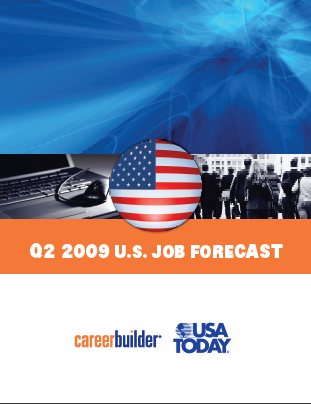It’s a challenge to break into a new a career. Companies want experience when hiring, but you can’t get the experience they want without getting hired first. This catch-22 is frustrating and difficult to overcome. For college students, gaining experience is also important. The job market for college students has been very tight. Gaining a little work experience during college can help a person standout and land a job.
The solution for many is to work internships. An internship is a short term position where the intern is exposed to some of the work in a career field. The company tries to provide an experience that will help develop the intern while gaining some benefits from the work performed. Internships can be vary in length from a few weeks to more than a year.
Historically, there have been both unpaid and paid internships. Many people recognize the value of the experience they will gain and are willing to work for free to gain that experience. For a college student, who is paying tens of thousands of dollars a year for an education, gaining experience without having to pay tution can be a good deal.
The rules are changing, though. The Department of Labor has indicated that it may crack down on unpaid internships. The DoL considers an unpaid internship a violation of minimum wage law, since the company is not paying the intern the minimum wage.
This change in policy could have a significant impact on the way college students gain experience. Many companies will cancel their internship programs. For many firms, the cost of managing the internship program and mentoring the intern exceed the value the intern provides. Companies offer the internships to assess students they may one day hire and to help develop a new generation of professionals in their industry. Rarely will the company gain significant value for the work the intern performs. Usually, the company could have completed the same work much faster and cheaper by using the companies employees instead of an intern.
By requiring companies to pay interns, the government will eliminate a valuable professional development tool many college students rely on. If you are in college, it will become even more important to land a paid internship while in school, and competition for these slots will increase.
Internships aren’t the only area where companies do not pay employees. Many business startups rely on the contributions of a team of people before the company can start hiring. Usually, these people are owners in the business and exempt from minimum wage law. Occasionally, they are friends and associates who are willing to invest some time to build the business on the hope they will be hired when things take off. For a senior executive, this tactic – trying to create the job you want – can be effective. While job hunting, the individual contributes to a startup without pay. Eventually, the company grows and the executive is hired into a key role. These situations are likely to also be reduced by the DoL’s new policy.

